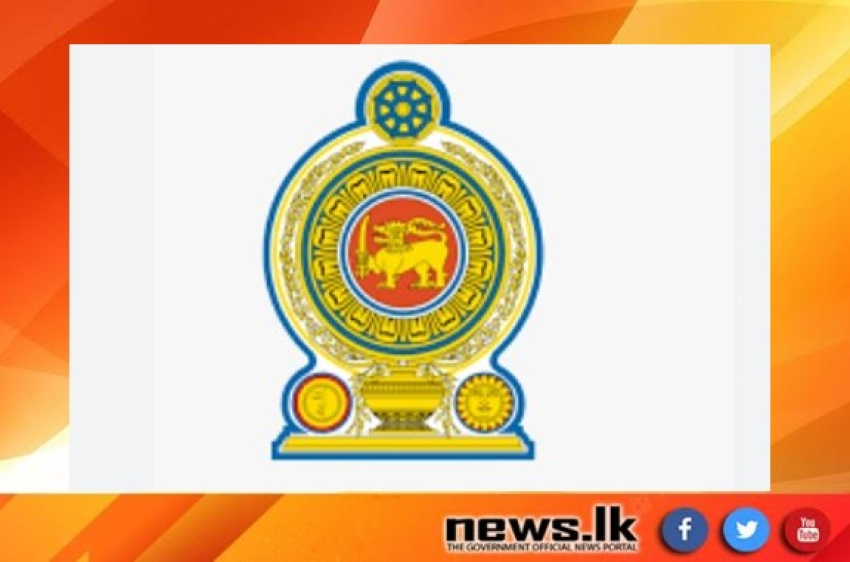The objective of the paddy purchase and disbursement program is to offer farmers a fair price for their paddy harvest in the 2022/2023 Maha season, procure any surplus paddy, and provide aid to low-income households affected by the ongoing economic challenges.
District Secretaries have been instructed to purchase only "Nadu" paddy from small and medium-scale paddy owners and cooperative societies through the 2022/2023 season paddy purchase program.
Under the program, the cost of one kilogram of good quality paddy with a maximum moisture content of 14% and a maximum spoil paddy content of 9% will be Rs. 100, while one kilogram of paddy with a moisture content over 14% and a maximum spoil paddy content of 22% or lower will cost Rs. 88.
District and Divisional Secretaries are in charge of inventory management, storage, upkeep, and documentation related to the paddy procurement process.
As the acquired paddy stock will be milled and distributed in March and April 2023, the program will consider the milling capacity of small and medium-scale rice mill owners and cooperative societies, and allocate funds accordingly. Mill owners and cooperative societies will be given preference.
Under the program, a maximum of 2,000 kg of paddy can be purchased from a single farmer with up to one acre of land, 4,000 kg for 1-2 acres, and 5,000 kg for over 2 acres.
District secretaries are required to inform the Development Finance Department of the General Treasury to obtain the necessary funds for the government's paddy purchase program, which will be executed via small and medium-scale paddy mill owners and cooperative societies. Upon receiving notification, the Development Finance Department will direct district secretaries to the National Budget Department to assign treasury funds, and to the Treasury Operations Department to release the funds.
The National Budget Department will allocate budget funds directly to the respective District Secretaries, and the Treasury Operations Department will release liquid cash to them for the purchase of paddy.
Funds for the paddy purchase program will be released by the Treasury periodically as required.
All District Secretaries should ensure that paddy is purchased only from farmers in their district and that the Bank of Ceylon issues a payment certificate in the name of the concerned farmer. When submitted to the appropriate People's Bank or Regional Development Bank branch, the required amount is immediately credited to the farmer's bank account.
To provide relief to the identified low-income families, 10 kg of paddy per month per family will be distributed for a two-month period, and instructions regarding this will be issued by the Ministry of Women, Child Affairs and Social Empowerment.
The district secretaries have been instructed on the necessary steps to ensure the success of the paddy purchase program, including the deployment of Civil Security Department (CSD) officers to ensure the security of the paddy stocks in the warehouses, as well as the appointment of a staff officer in each district to oversee the implementation of the program. It is expected that the entire public service will be dedicated and work exemplarily during the harvest period, in order to reduce government expenses. Other operational costs of the paddy purchase program will be subject to financial regulations, circulars, and other necessary government approvals.
President’s Media Division (PMD)




















